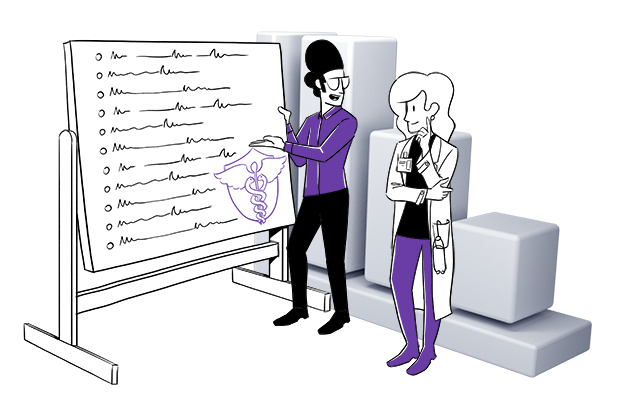Ecommerce tracking is the process of collecting data about online store customers and their behavior. Most ecommerce platforms offer some level of ecommerce tracking, but you can also integrate an analytics platform into your store to expand your insights about customers.
Effective ecommerce tracking will give you a glimpse into sales data and customer behavior. It uses metrics such as total revenue, conversion rate, average order value, user engagement, time spent on page, or customer lifetime value to help companies understand how to improve their business.
Understanding customer behavior allows you to adjust your marketing activities to their liking, improving your revenue, increasing average order value, and boosting customer lifetime value. You can also use ecommerce tracking for customer segmentation and behavioral targeting.
Ecommerce tracking
-

4 ways to make your analytics HIPAA-compliant: Implementation guide
Healthcare organizations have four main approaches to achieving HIPAA-compliant analytics. Each has different trade-offs in cost, technical complexity, and analytics capabilities. This guide compares all four implementation methods – from using Google Analytics with workarounds to deploying fully HIPAA-compliant analytics platforms – so you can choose the right approach for your organization’s needs and resources.
-

Is Google Analytics HIPAA-compliant?
If you use Google Analytics or similar software, you’re likely already optimizing your website to serve your customers better. But what about Google Analytics and HIPAA compliance? In short – if you’re a HIPAA-covered entity, using GA4 puts you at serious risk of a HIPAA breach. Google states that Google Analytics doesn’t satisfy HIPAA requirements. And…
Other definitions
Recent posts from Piwik PRO blog
- 4 ways to make your analytics HIPAA-compliant: Implementation guide
- Is Google Analytics HIPAA-compliant?
- HIPAA-compliant marketing & advertising: How to run compliant campaigns in healthcare
- PHI vs PII in HIPAA: Healthcare marketing compliance guide
- Piwik PRO recognized as the Emerging Partner of the Year by Acquia
- How can healthcare organizations benefit from using a customer data platform (CDP)
- Banking website analytics for financial services: Tracking without compromising customer trust
- Five things every marketer should know about web analytics in 2026








